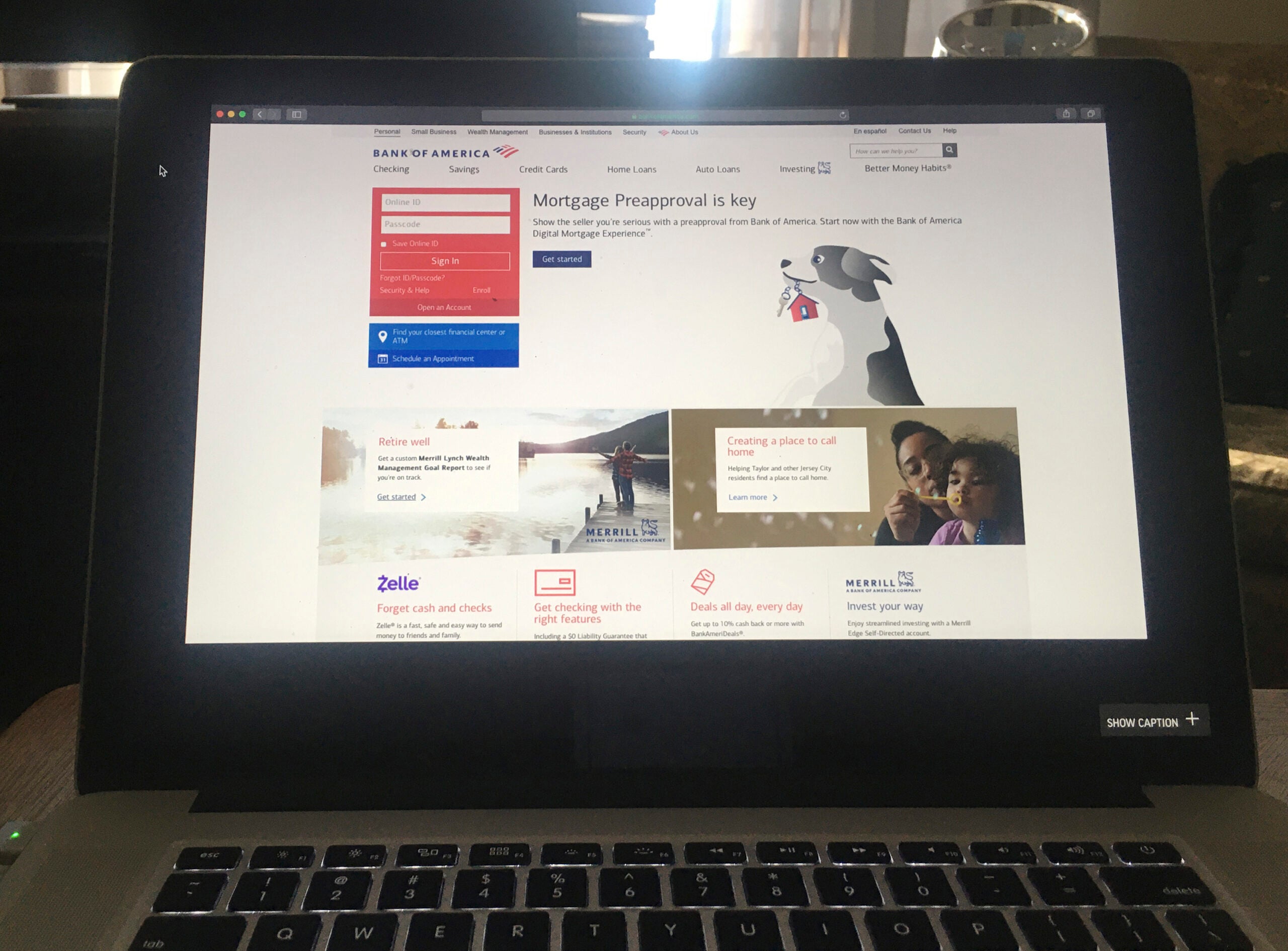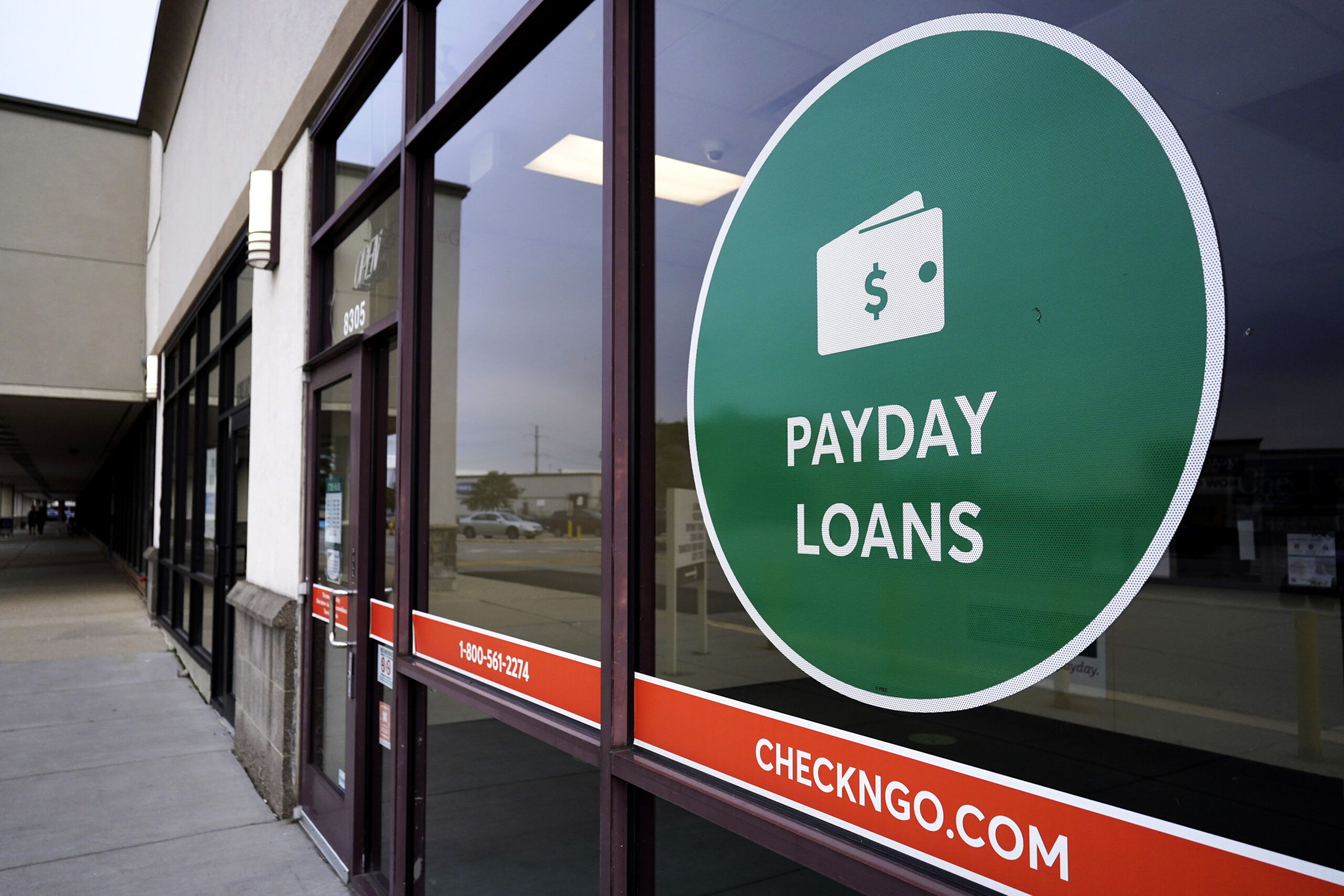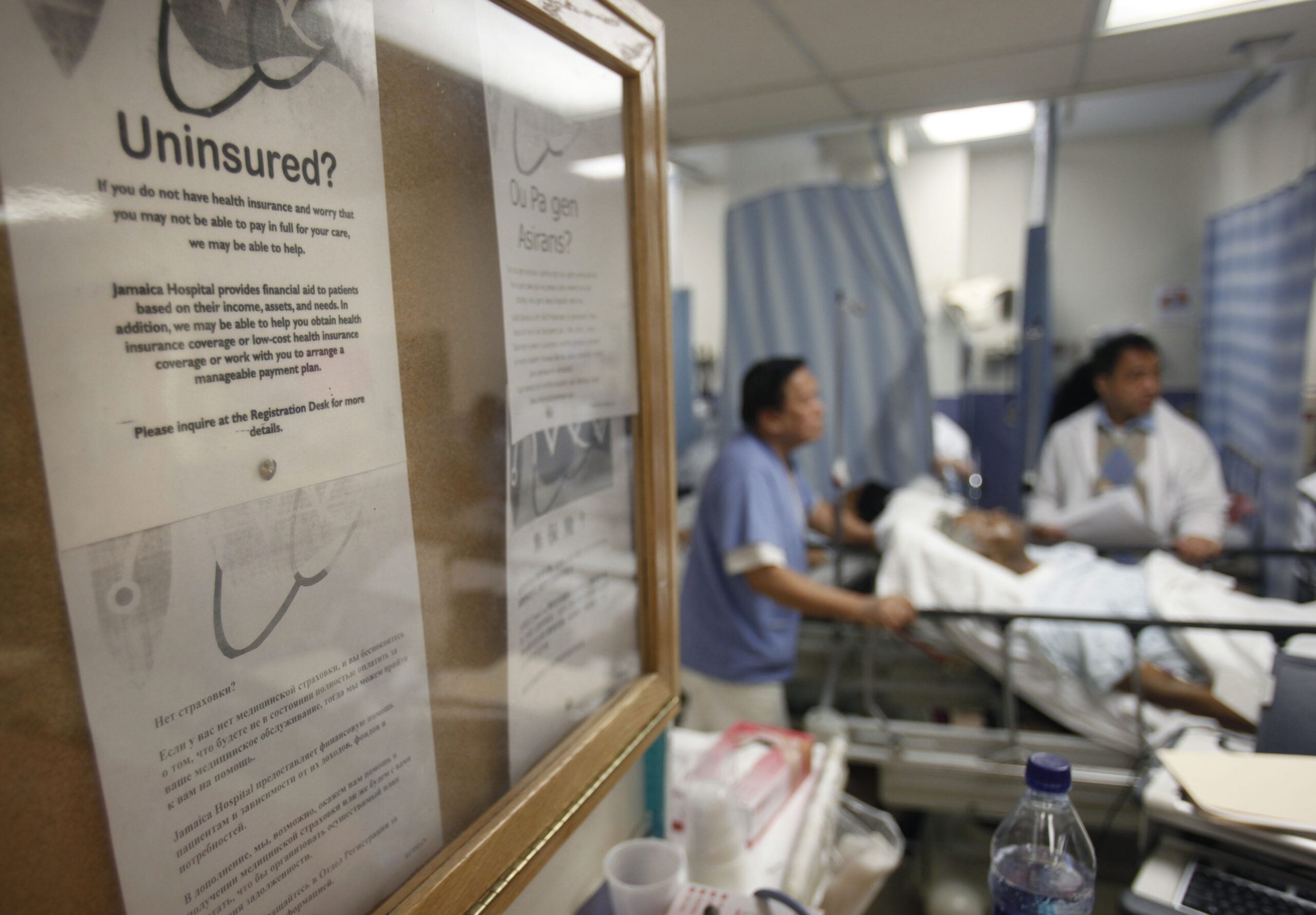With all the furloughs, business closures and job losses that have occurred in the wake of COVID-19, Emily Guy Birken has no patience for financial advice focused on the “coulda, woulda, shouldas.”
Birken, a money coach, finance writer and author from Wauwatosa, said some experts in the personal finance community are saying that people who lost their incomes should have been saving all along — that they could have avoided being so strapped for cash now.
“Not only is that useless, because there’s nothing you can say to that … but it also makes you feel bad,” she said. “Unless there’s a DeLorean nearby that can take you back in time and help you save money yesterday, there’s nothing you can do about it.”
News with a little more humanity
WPR’s “Wisconsin Today” newsletter keeps you connected to the state you love without feeling overwhelmed. No paywall. No agenda. No corporate filter.
Birken said more helpful advice is to deal with finances as they are currently and figure out how to move forward. She provides the following tips:
Triage
While it’s uncomfortable to assign levels of importance to certain bills, it’s an important first step, Birken said.
A good way to do this is by identifying which utilities or expenses will hurt you and your family if they’re not paid. Then, label ones where payment can be put off.
For example, assign a lesser value to bills that might damage your credit score if paying those bills will mean you won’t have enough to pay your mortgage or feed your family.
“You can, when things get back to normal … go back to those things that were not going to affect your health and your ability to take care of yourself and your family and take care of them then,” she said.
Reach Out
When it comes to paying your bills, Birken said creditors, your mortgage lender, your utility company and others just want to know what they can expect from you.
While it can feel easier to turn inward and ignore the shame you might feel about not being able to pay your bills, Birken said you’ll make things much easier on yourself by calling your creditors and working out a plan.
“That’s not necessarily going to work with everyone — there are mustache twirlers, as we call them — but the majority of people would rather have you call and figure out a way to work something out, so they know what to expect,” she said.
Address Mental Weight
Birken said it’s important to remind yourself that money doesn’t actually exist — it only has value because we’ve decided collectively that it’s valuable. Because of that, we assign our own moral and philosophical meanings to money. Instead, we can aim to separate our feelings about money from our decisions about money.
In her blog post specifically on this topic, Birken advised that you, not your money, can handle whatever catastrophe might come your way. Money, on the other hand, is subject to fluctuations in the market, interest rates and supply and demand.
“You are the one in control and you can handle it, whether or not money is one of the biggest tools in your toolbox,” she writes in her blog.
Un-Automate Your Payments
Birken said she typically recommends that people automate bill pay and savings.
But if your strapped for cash, she said it’s a good time to make manual payments instead. This ensures, for example, that your Netflix autopayment isn’t going to detract from the money you need for food.
Sign up for bill reminders, and that can help you triage your payments due.
Also, check your bank accounts for zombie charges — these are recurring subscription charges for things that you might not want or use anymore.
“That a very easy way to find a little extra money in your budget,” she said.
Wisconsin Public Radio, © Copyright 2025, Board of Regents of the University of Wisconsin System and Wisconsin Educational Communications Board.







